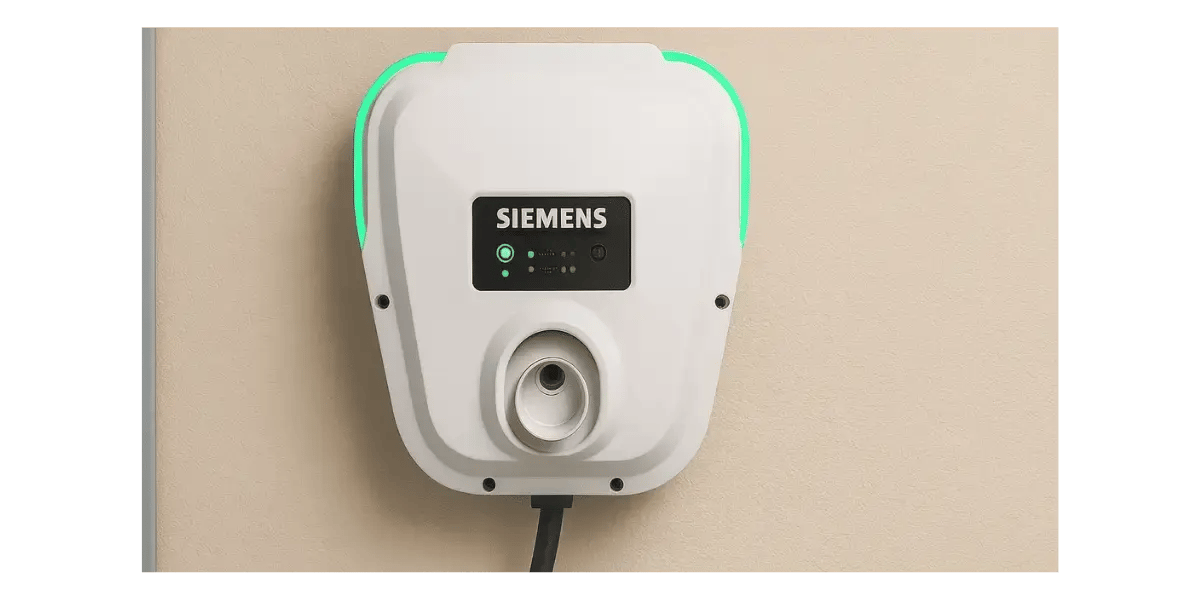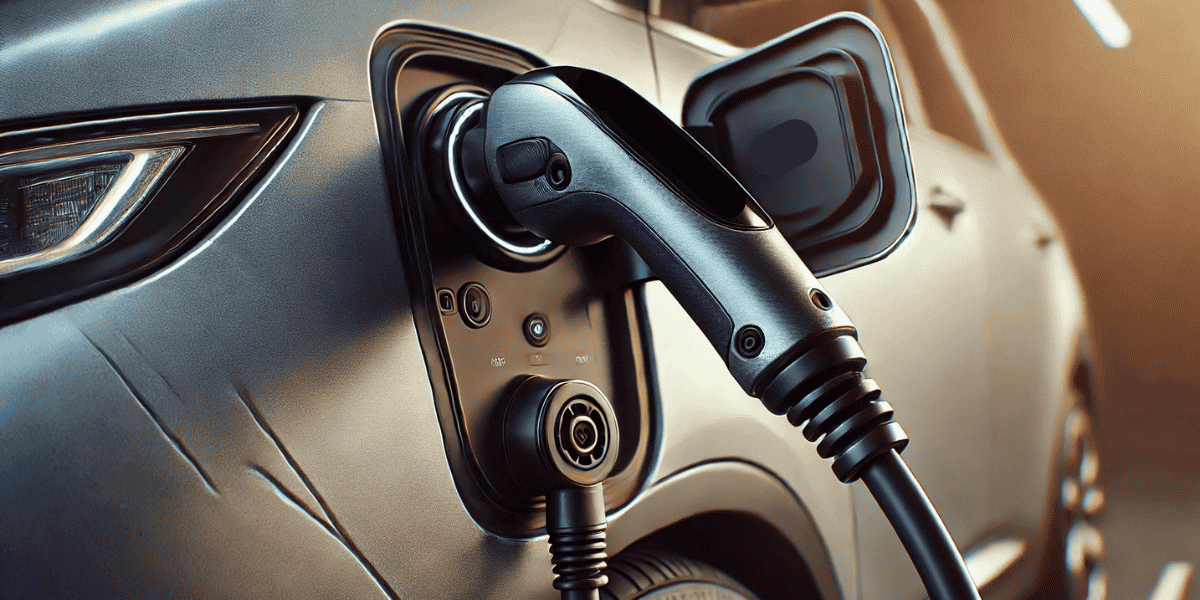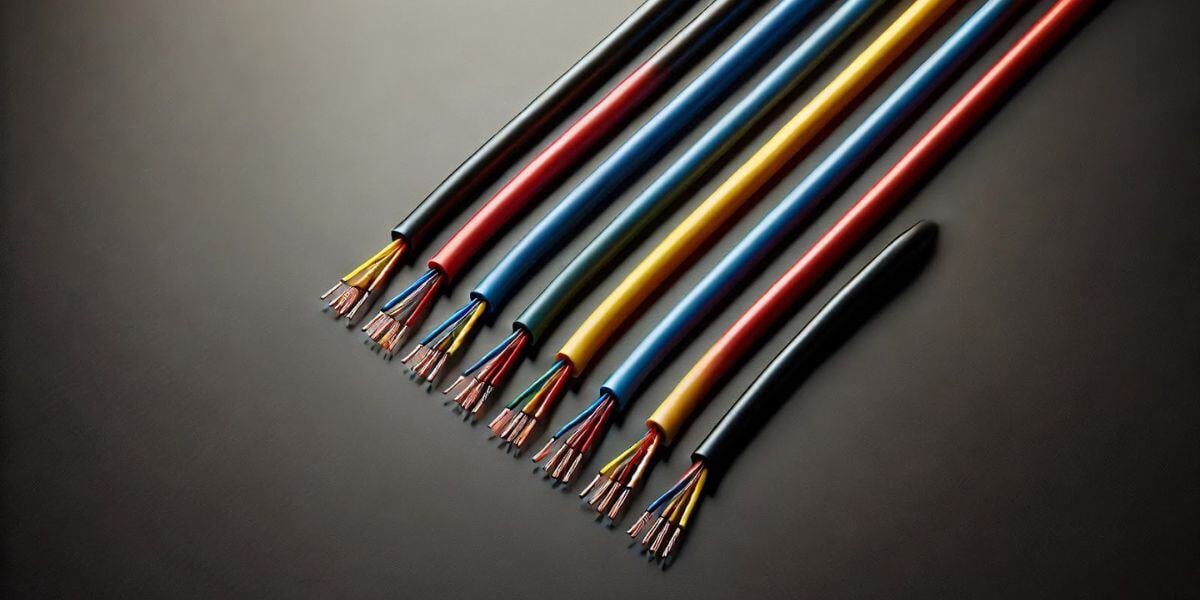Why Your EV Charger Isn’t Working (and What to Check Before You Panic)
September 25th, 2025
4 min read
By Dustin Ober

You’ve had a long day. You finally pull into the garage, plug in your EV, and wait for that comforting green light. Except… nothing happens. No hum. No glow. Just silence… and the sinking thought that tomorrow’s commute might involve begging for a ride.
We get it. An EV charger that won’t cooperate is more than an inconvenience. It’s stress about being late for work. I’m wondering if you made a mistake investing in an EV. It’s that little knot in your stomach when you realize you don’t actually know what’s wrong, or how to fix it.
At Integra Electrical, we’ve seen this play out for countless Iowa homeowners, and we know exactly how frustrating it feels. The good news? Most issues are simpler than they seem.
The most common reasons an EV charger stops working:
- Power supply issues
- Charging cable or connector damage
- EV charger settings or software glitches
- Temperature and weather factors
- Installation or wiring problems
Power Supply Issues
Sometimes the problem isn’t the charger at all, it’s the power feeding it. If your EV charger suddenly stops working, the first thing to check is your home’s electrical panel.
A tripped breaker, a GFCI outlet that needs resetting, or even a panel that simply can’t handle the load are all common culprits. In older Iowa homes, especially, outdated panels struggle to keep up with modern demands.
Quick check: Look for a breaker that’s flipped to the middle or “off” position and reset it. If it immediately trips again, stop there, that’s a sign of a bigger issue.
For more on what your panel might be telling you, take a look at our breaker panel services.
Charging Cable or Connector Damage
Your charger cable takes a lot of wear and tear, being coiled, uncoiled, dropped, and exposed to weather if it’s used outdoors. Over time, the connector can collect dust or dirt, the cable can fray, or the pins can bend slightly. Any of these issues can stop your EV from charging.
Quick check: Inspect the cable and connector closely. Look for cracks, fraying, or debris inside the plug. Try gently cleaning the connector with a soft, dry cloth.
Safety note: If you notice exposed wiring or melted spots, don’t try to use it again. A damaged cable isn’t just inconvenient, it’s dangerous.
If your charger itself looks fine but you’re still having issues, it could be an installation or wiring problem. That’s where professional help makes all the difference, our EV charger installation services cover safe setup, inspection, and replacement when needed.
EV Charger Settings or Software Glitches
Not every charging issue comes down to hardware; sometimes the problem is in the software. Many EV chargers connect to Wi-Fi or an app, and a small glitch can throw the whole system off.
Your car itself may also have charging settings that limit when or how it charges. For example, some EVs allow you to schedule charging during off-peak hours. If those settings get toggled accidentally, the charger might seem broken when it’s really just “waiting its turn.”
Quick check: Open the charger’s app and make sure it’s updated and connected. Then double-check your car’s charging settings in the dashboard. A quick reset of the charger or your Wi-Fi router can often clear small glitches.
If you’re still stumped, check your car manufacturer’s troubleshooting guide for model-specific tips before assuming the charger itself has failed.
Temperature and Weather Factors
Iowa weather is no joke. One day it’s sunny, the next it feels like your garage could double as a meat freezer. EV chargers are designed with safety sensors that shut things down if the temperature gets too hot or too cold. It’s their way of saying, “Nope, not today.”
Quick check: If your charger is out in the elements or in an unheated garage, check the temperature. Below-freezing or scorching-hot conditions can cause the system to pause until it’s back in a safe range.
Think of it this way, sometimes your charger throws the same tantrum we all do in February: it just doesn’t want to work when it’s that cold. Once things warm up (or cool down), the charger often goes back to business as usual.
If it doesn’t bounce back after the weather stabilizes, that’s a clue the problem may not be Mother Nature at all, but something deeper in your wiring or equipment.
Installation or Wiring Problems
If none of the simpler fixes work, the issue might go back to how the charger was installed, or the wiring it depends on. EV chargers draw a lot of power, and if the wiring is undersized, connections are loose, or the panel wasn’t set up to handle the load, problems are bound to show up.
Quick check: Unfortunately, this isn’t something you can safely diagnose on your own. If your charger repeatedly trips breakers, shuts off unexpectedly, or never works quite right from the start, that’s a red flag.
This is where calling in a licensed electrician makes all the difference.
The Clear Path Forward
When your EV charger refuses to cooperate, it’s stressful, but you’re not powerless. Sometimes the fix is as simple as a breaker reset, cleaning the connector, or tweaking a setting. Other times, it’s a deeper electrical issue that needs professional eyes.
Here’s the good news: you don’t have to figure it out alone. At Integra Electrical, we’ve helped Iowa homeowners troubleshoot, repair, and install EV chargers that work the way they’re supposed to. Our licensed electricians can quickly pinpoint the problem and give you peace of mind that your home and vehicle are safe.
If your charger is still giving you the silent treatment, don’t lose another night to late-night Googling. Schedule your free home safety evaluation today, and let us get you back to plugging in with confidence.
Frequently Asked Questions
Why won’t my EV charger start at all?
The most common culprits are a tripped breaker, damaged cable, or a software setting that’s preventing charging. Start with the simple checks, but if nothing works, it’s likely an installation or wiring issue.
Can I fix my EV charger myself?
You can safely reset breakers, check for visible cable damage, and verify charger or vehicle settings. But anything involving wiring, internal components, or persistent breaker trips should be left to a licensed electrician.
How long should an EV charger last?
Most quality chargers last 7–10 years, depending on use and exposure to weather. Regular maintenance and proper installation can extend their lifespan.
Is it safe to use an extension cord with an EV charger?
No. EV chargers require dedicated circuits and proper wiring. Extension cords can overheat, create fire hazards, and damage both the charger and your vehicle.
Dustin Ober is a licensed electrician on Integra’s installation team. Born and raised in Iowa, he brings four years of licensed experience and five years of dedication to the Integra family. Known by customers as professional and helpful, Dustin is dependable and always shows up ready to help. When he’s not working, you’ll likely find him outdoors—enjoying the same steady calm he brings to every job.
Topics:



.webp?width=1200&height=600&name=FI-EVCharger%20(1).webp)




